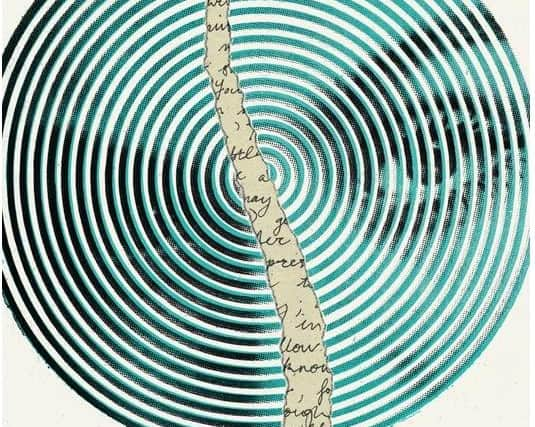Book review: Case Study, by Graeme Macrae Burnet


Graeme Macrae Burnet is a master of the false but apparently authentic document. There are five lengthy ones in this, his fourth novel, intercut by a likewise credibly invented biographical sketch of a briefly famous, or rather notorious, psychotherapist, Collins Braithwaite, “a contemporary of RD Laing, and something of an ‘enfant terrible’ of the so-called anti-psychiatry movement of the 1960s.” Braithwaite’s historical authenticity is filled out not only by notes of his jealousy of Laing, and Laing’s contempt for him, but by mention of his relationships with other celebrities of the time. It is very well done, and it is tempting to believe that the dreadful and dangerous shrink really existed.
The unnamed author (ie. Macrae Burnet), having written something about Braithwaite, is sent a package of five notebooks which “contained certain allegations about Braithwaite which [the sender] is sure would interest him.”
Advertisement
Hide AdThe notebooks are written by a young woman whose elder sister, Veronica, a brilliant Cambridge academic, committed suicide by throwing herself off a bridge. After reading a case study in Braithwaite’s book Untherapy, the writer of the notebooks is sure that the patient described is Veronica, and, having read its successor Kill Your Self, is also convinced that Braithwaite was responsible for Veronica’s death. She resolves to investigate, being all the more determined because she has been the rather dim, unconsidered younger sister, while Veronica was Daddy’s girl.


Naturally she can’t make an appointment under her own name with Dr Braithwaite; it would arouse suspicion. So she calls herself Rebecca Smyth, and Rebecca proves to be very different from her own timid self. Rebecca is clever, striking and eager for the experience that the narrator’s hitherto shy and unambitious self has shunned. Will she take over? I was reminded of the ventriloquist’s malignant dummy in that 1945 classic film Dead of Night.
Meanwhile, the unnamed author follows the course of Braithwaite’s headlong career, one that is both destructive of others and of himself, as he presents himself as the hard, working-class Northern Boy who has cast off all inhibitions as he pursues his self-appointed “mission to bring down the jerry-built edifice of psychiatry.” But, one finds oneself wondering: is Braithwaite in his arrogance and jealously as much of a phoney construct as that which he discerns in his clients? Is he wicked or merely stupidly careless in his approach to others? Do they indeed exist for him?
This is a novel which, like Macrae Burnet’s previous ones, holds the attention, develops an insidious narrative interest, and poses questions about the nature of the self and the authenticity of identity. There is comedy here too. Indeed, depending on the angle of view, Braithwaite is a comic character, if also a disturbing one. Certainly in his depiction of him, Macrae Burnet catches the self-satisfied idiocy of one strand of 1960s culture. Indeed, he is done so well and seems so authentic in his inauthenticity that you might be surprised to find no mention of him in the index of John Clay’s admirable biography of Ronnie Laing.
For the most part, though Macrae Burnet finds different voices for the writer of the notebooks and the unnamed author of the biographical Braithwaite chapters, his style is plain, lucid, very readable and rich in irony. There are fine comic passages, for instance the notebook writer’s visit to a pub with a young man who has been attracted by her assumed self, Rebecca, who insists that she should ask for gin as the non-Rebecca never would. But it is the appalling and yet ultimately rather pathetic Braithwaite who gives the book its momentum, and it is through him that the tone and temper of the times are captured. As in his other novels, Macrae Burnet writes with an admirable lucidity, at the same time being able to probe and shed light on the dark places of the mind. Writing in a prose that is spare, deadpan and yet alive, he poses questions about the nature and perception of what we choose to call reality. He is an uncommonly interesting and satisfying novelist.
Case Study, by Graeme Macrae Burnet, Saraband, 276pp, £14.99
A message from the Editor
Advertisement
Hide AdThank you for reading this article. We're more reliant on your support than ever as the shift in consumer habits brought about by coronavirus impacts our advertisers.
If you haven't already, please consider supporting our trusted, fact-checked journalism by taking out a digital subscription at https://www.scotsman.com/subscriptions